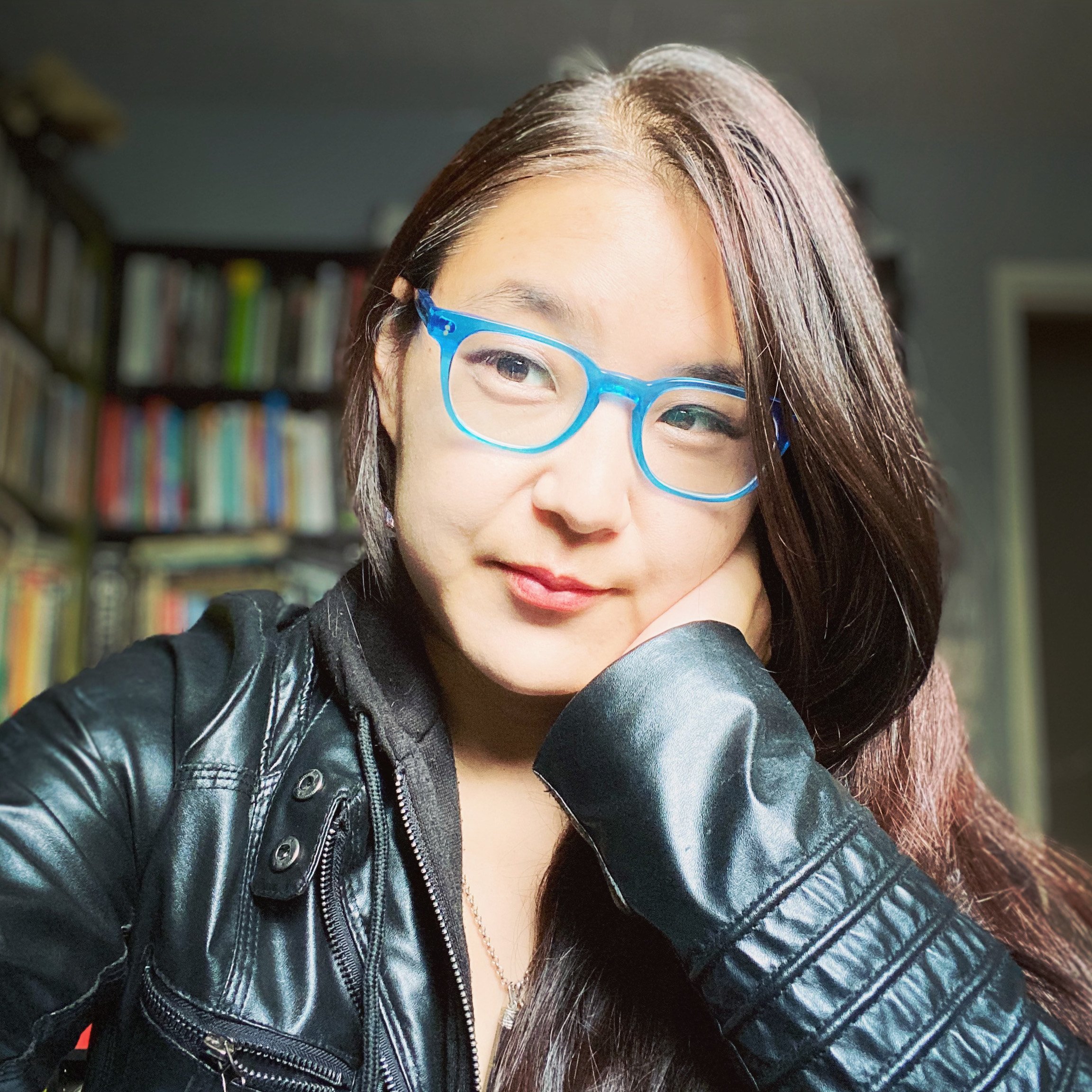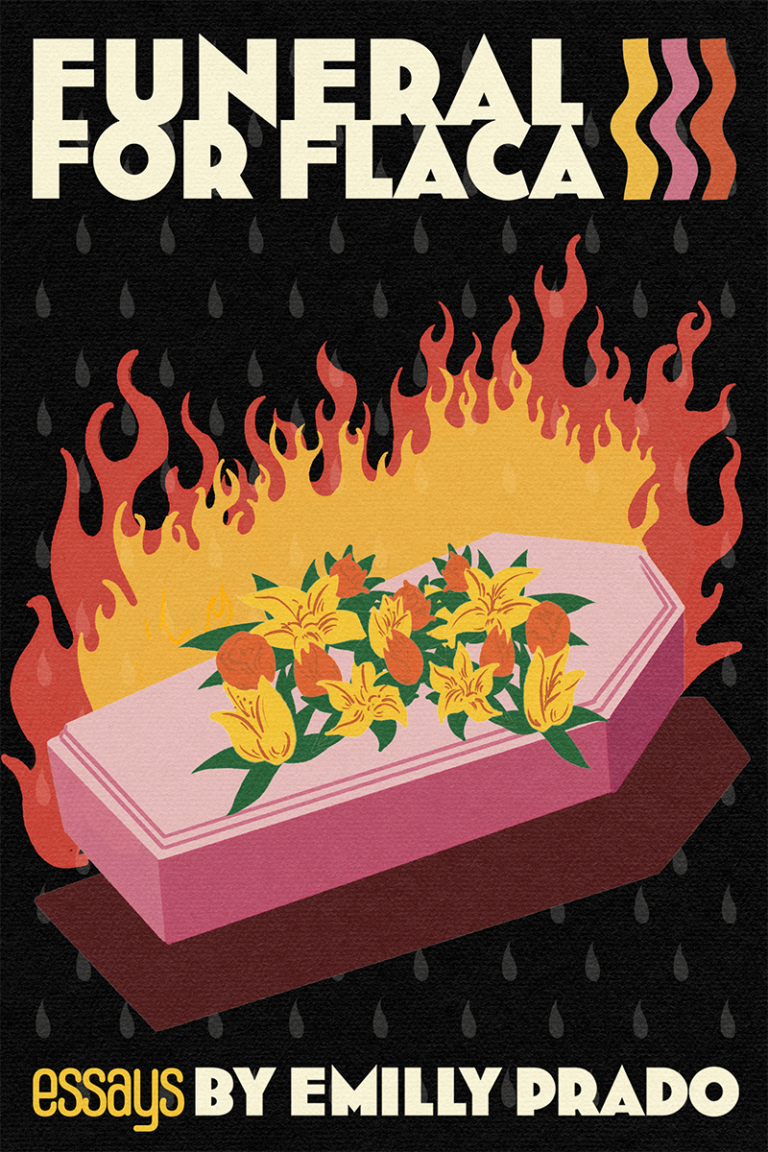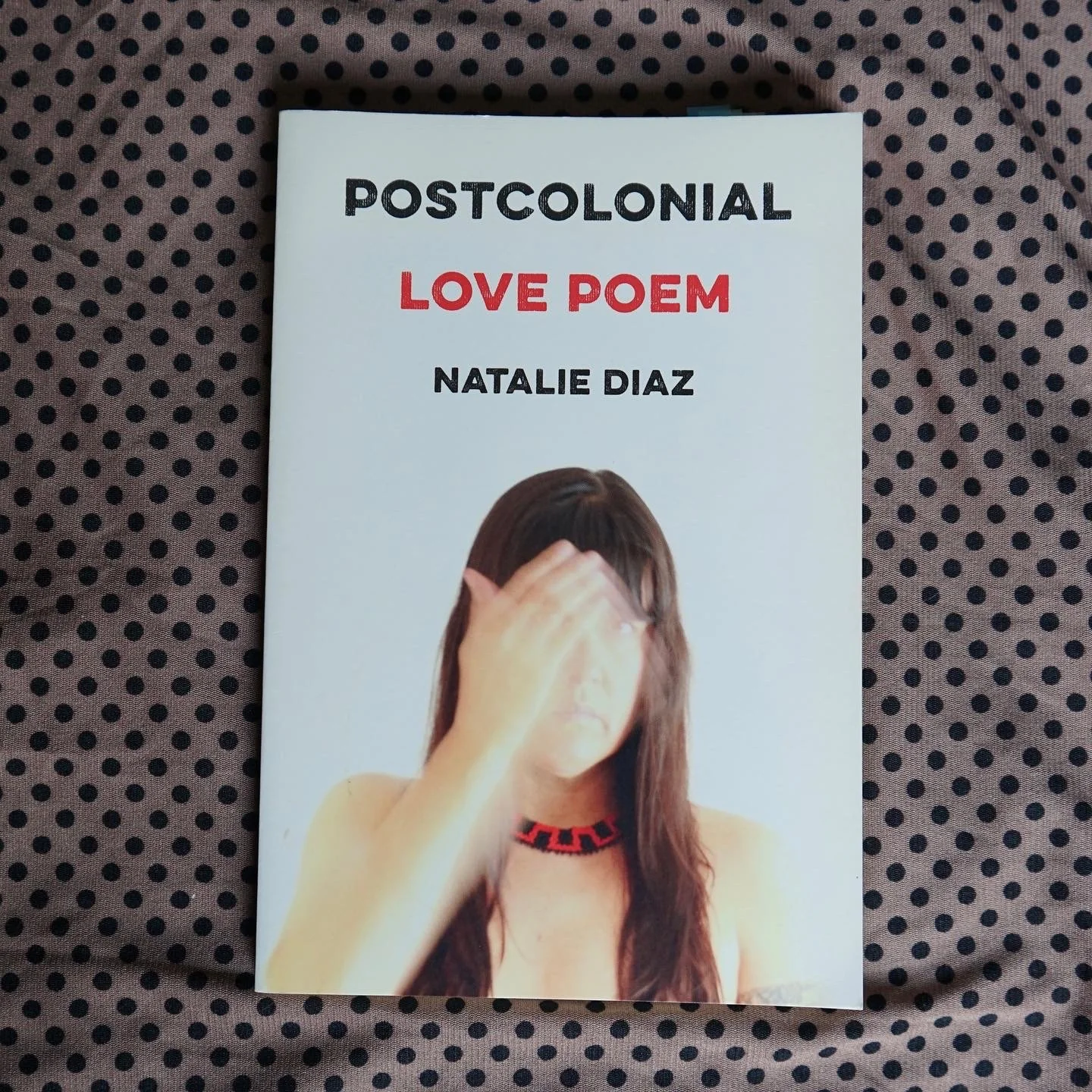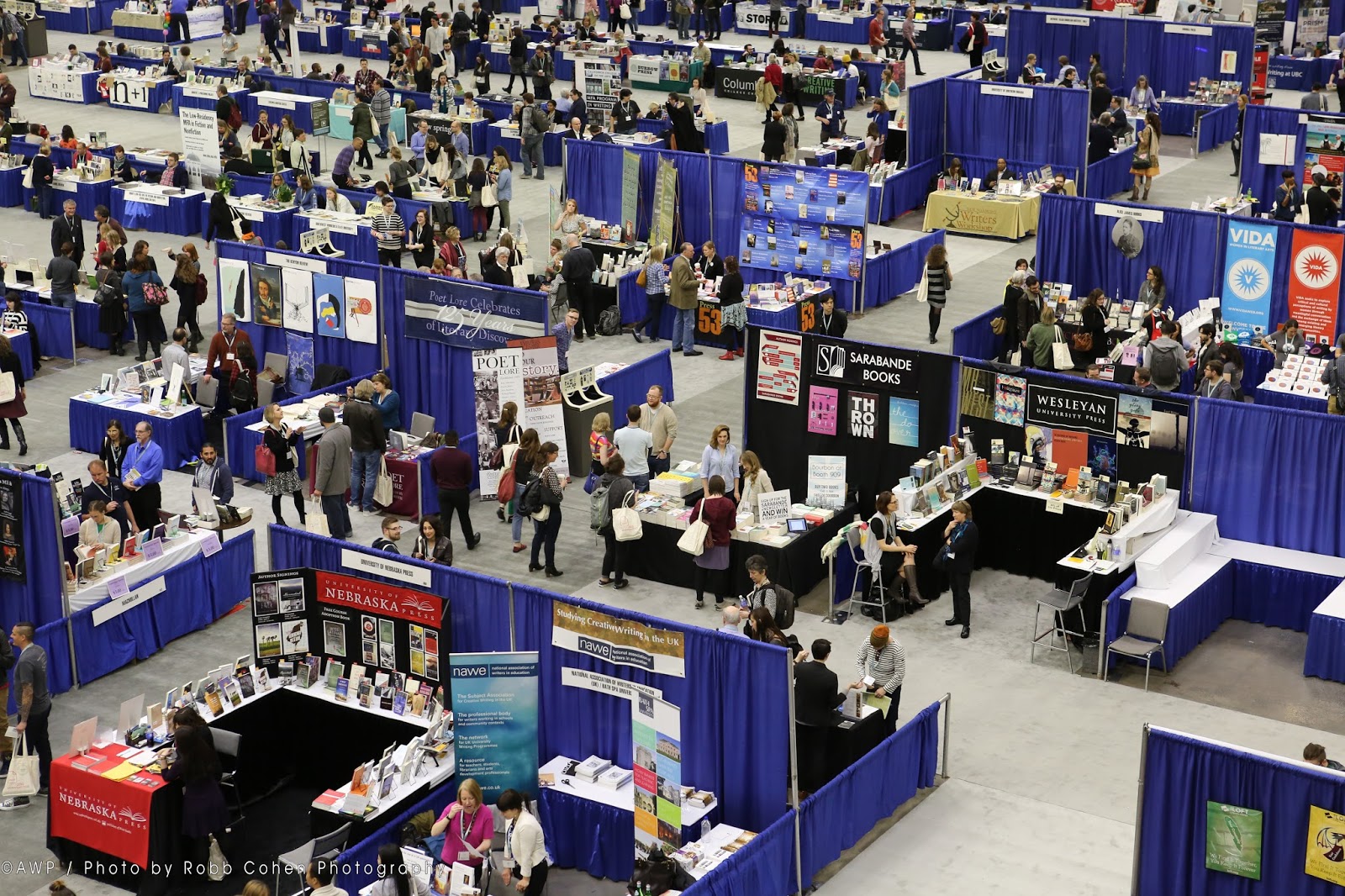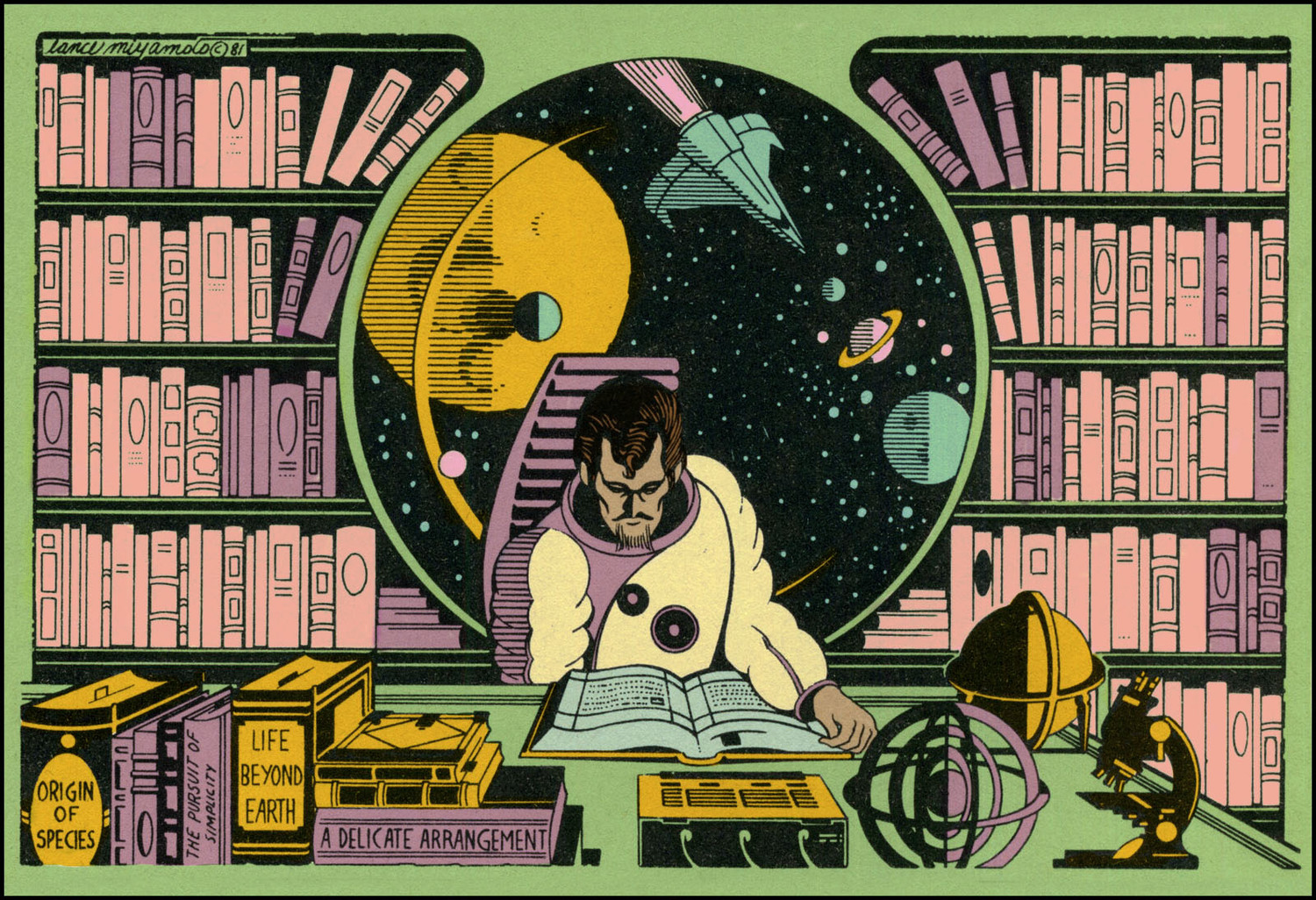Poet and editor Phillip B. Williams answers 4 questions from Shayla Lawson in this recent interview conducted for De-Canon. This is the first of a new series of guest interviews and posts we will be featuring on this blog. If you'd like help out, please feel free to pitch interview and post ideas via our contact page.
Phillip B. Williams is a Chicago, Illinois native. He is the author of the book of poems Thief in the Interior (Alice James Books, 2016). He's also co-authored a book of poems and conversations called Prime (Sibling Rivalry Press). He is a Cave Canem graduate and received scholarships from Bread Loaf Writers Conference and a 2013 Ruth Lilly Fellowship. His work has appeared or is forthcoming in Boston Review, Callaloo, The Kenyon Review, Poetry, The Southern Review, West Branch and others. Phillip received his MFA in Writing from the Washington University in St. Louis. He is the Co-edior in Chief of the online journal Vinyl and the 2015-2017 Creative Writing Fellow in Poetry at Emory University.
1) What does it mean for you (or to you) to be Poetry Editor of Vinyl?
Being poetry editor at Vinyl is a privilege that I do not take lightly. It is very difficult work inasmuch as I have to decide what will appear and that means many things will not appear in Vinyl. I see so many kinds of writing and mostly emerging voices who have published very little, or for whom Vinyl would be their first publication. That excites me the most. And though it is unfortunate that not everything can be published by us, what reading these poems has shown me is that there is a lot of passion in the world and so many people dealing artistically with the difficult questions of our existence.
2) In finding space (or spaces) for your own writing, what has been your journey?
My journey has been one of patience. I say without feeling the need to prove my statement that I am one of the most patient writers in my generation. I am also one of the quietest. I don't understand how people can have a Twitter following of tens of thousands of people and write. More power to those who can, but in finding space for my own writing I must have space in all ways: physically, emotionally, psychologically, and virtually. It helps that I have not made myself into a brand, though the downside is relative obscurity, meaning you can win all the prizes you want but the general public doesn't know the work exists (haha). I have taken my time in getting published. I rarely send out poems until I have a book that is done or near done. I send poems out here and there but the process is exhausting and in the long run doesn't help me write more work. I don't feel any need to rush though I often feel rushed by others to produce, produce, produce. I have good mentorship though and one of the things that's always shared with me is that this is a marathon not a sprint. I want to have energy to sustain a career across time.
3) For writers who would like to submit to Vinyl as a journal, what do you think it is important for them to recognize about Vinyl as a community?
Vinyl, like any other journal, has its interests. Because I am the poetry editor, those interests usually align with my own. The challenge with that is I am a bit more mercurial than other editors. I just want people to always send what they know is their best work. I also like to read poems that come from someone who really cares about the work of other poets who have come before them. Often we get poems from writers who have the heart but do not seem to have read widely to see that the poems they've submitted have been written more strongly before. If we are a community then we need to treat the work of others with a lot of respect, meaning we need to read, study, then write.
4) De-canon works from the follow quote by Robin Coste Lewis as a mission statement, “Language is one of the most powerful weapons of war. It is also one of war’s first victims.” What do you consider the most effective ways for us to respond to this as a call to action?
Keep reading. Keep studying. Keep writing. The most important of all these is the act of study. One can read and only understand the surface nature of what has been read. One can write and be repeating what someone has already said, which is hardly useful unless of course no one has been studying to notice the plagiarism/redundancy. If we study what we read and study before we write, we can see that many answers that we seek are already present and in that knowledge we can move towards more challenging thoughts and actions. I don't need to be reminded that racism is "bad." Mercy, that people are making profit and building followings on the backs of James Baldwin and Ida B. Wells-Barnett, Fannie Lou Hamer and Malcolm X makes my heart hurt. Just quote them, don't tweet out their thoughts as your own, even if in your own words. We have to acknowledge the sources of our knowledge. Don't rehash what our ancestors have said just to get published somewhere or to get likes. Pay homage. Let's build on the foundation of what our most brilliant left for us. If I would add anything to Lewis’s words it is, "and we more quickly lose the weapon of language when we lose the love for our forebears' words." This goes for all the heavy topics: gender, sexuality, race, class and economics. There is much new and beautiful thinking about all of these issues in the world but there is also a lot more noise pretending to be clarity.
BLOG CONTRIBUTOR BIO
Shayla Lawson (pronounced Chet'la) is (and / or, at times, has been) an amateur acrobat, an architect, a Dutch housewife, & dog mother to one irascible hound. Her work has appeared in print & online at Tin House, GRAMMA, ESPN, Salon, The Offing, Guernica, Colorado Review, Barrelhouse, & MiPOesias. She is the author of: A Speed Education in Human Being, PANTONE, & the forthcoming I Think I’m Ready to See Frank Ocean. She is a 2017 Oregon Literary & MacDowell Colony Fellow, & a member of The Affrilachian Poets.




